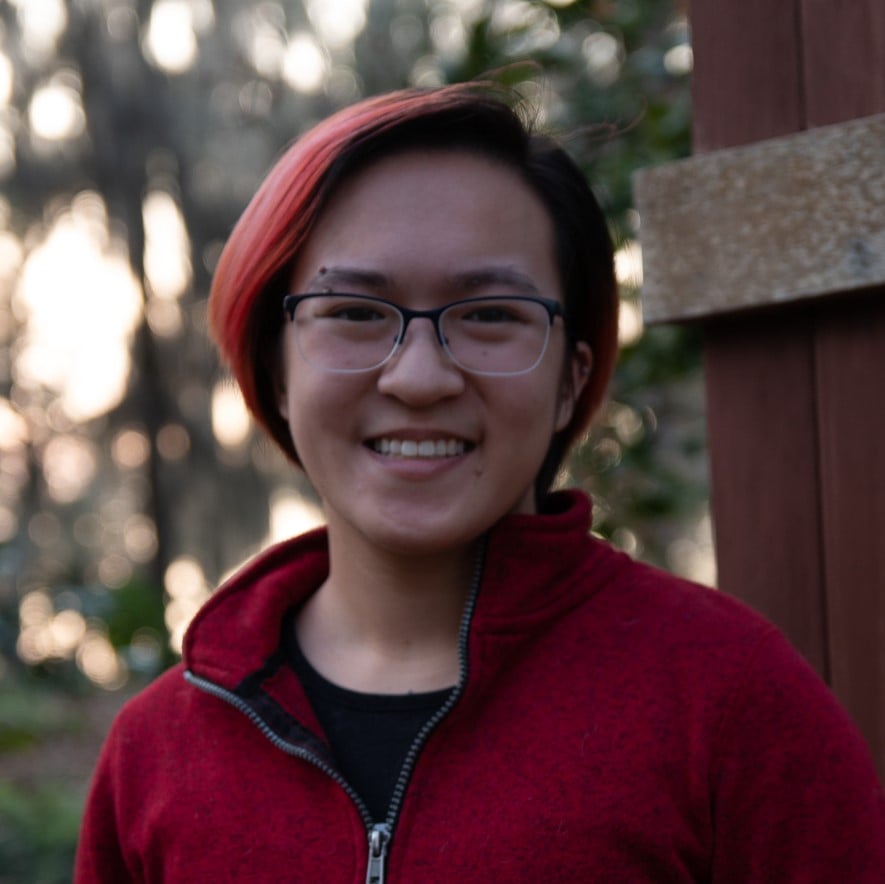English Audiobook
Description
Vocal Characteristics
Language
EnglishVoice Age
Young Adult (18-35)Accents
North American (General)Transcript
Note: Transcripts are generated using speech recognition software and may contain errors.
In a previous draft of this letter, one I've since deleted, I told you how I came to be a writer. How I, the first in our family to go to college, squandered it on a degree in English. How I fled my shitty high school to spend my days in New York lost in library stacks, reading obscure texts by dead people, most of whom never dreamed a face like mine floating over their sentences – and least of all that those sentences would save me. But none of that matters now. What matters is that all of it, even if I didn't know it then, brought me here, to this page, to tell you everything you'll never know.
In reality I would never go to a colony to write, because in my apartment I have a desk, and I have a pen and paper. I wouldn’t go to Yaddo unless I wanted to have sex with some lousy-inthe-sack, fluoride-drinking writers. But I knew my sister would believe me if I said I was blowing off her wedding for a colony.
“I really want you at my wedding, but I know it’s important for you to get writing done,” she said, probably because I hadn’t written anything in five years.
“Thanks,” I said, and just as I was weighing health-coach-y things to say in return, like “I’m glad you’re getting married in Hawaii, it sounds like that’s an important thing for you to do,” my older sister’s voice got high like a girl’s and she said, “Maybe you could write something.”
And I said, “Eh,” because recently she’d told me that the book I published six years ago was “bad,” “needed more plot,” and made her sick.
“No,” she said, “I don’t mean a story, I mean a note for Matty, something we could read at the rehearsal dinner so it’d be like you’re there. You know . . . ” she said, “a toast.”
Analyzing a play can be an intimidating task; there are so many different kinds of questions to ask: What does the play mean? What am I supposed to get out of it? What kind of people are in it? Who was the author? What was he or she like, and is that important? In the set I design for it, what color should the walls be? These are all legitimate questions, but you’ll notice that they all try to get at the play in a different way. Questions about the meaning, the characters, the author’s life, how you might design it—these all begin from a different point of view. So, where you start depends a great deal on where you want to end up. If you’re just reading for pleasure, you’ll look at the play one way. If you’re going to direct it, act in it, or design it, you’ll look at it another. And if you’re going to write a critical essay on its hidden symbols, there’s another option.
September 7, 1991
Dear friend,
I do not like high school. The cafeteria is called the “Nutrition Center,”which is strange. There is this one girl in my advanced english class named Susan. In middle school, Susan was very fun to be around. She liked movies, and her brother Frank made her tapes of this great music that she shared with us. But over the summer she had her braces taken off, and she got a little taller and prettier and grew breasts. Now, she acts a lot dumber in the hallways, especially when boys are around. And I think it’s sad because Susan doesn’t look as happy. To tell you the truth, she doesn’t like to admit she’s in the advanced english class, and she doesn’t like to say “hi” to me in the hall anymore.
Lucy Pennykettle talked nonstop. She wanted to know everything about the tenant. More importantly, she wanted the tenant to know everything about her. David listened patiently. He learned all about Lucy's progress at school, what her friends are going to think of her mom having a tenant, and what Lucy was going to be when she grew up.
“Less of a chatterbox than you are now, I hope,” her mother put in.
“I'm going to be an acrobat,” Lucy announced. “I'm going to wear a leotard and swing on a trapeze. Do you want to see my handstand?”
“Of course he doesn't,” said her mom.
Lucy shrugged, undeterred, and said to David, “I'm going to save animals as well. Do you like animals?”
